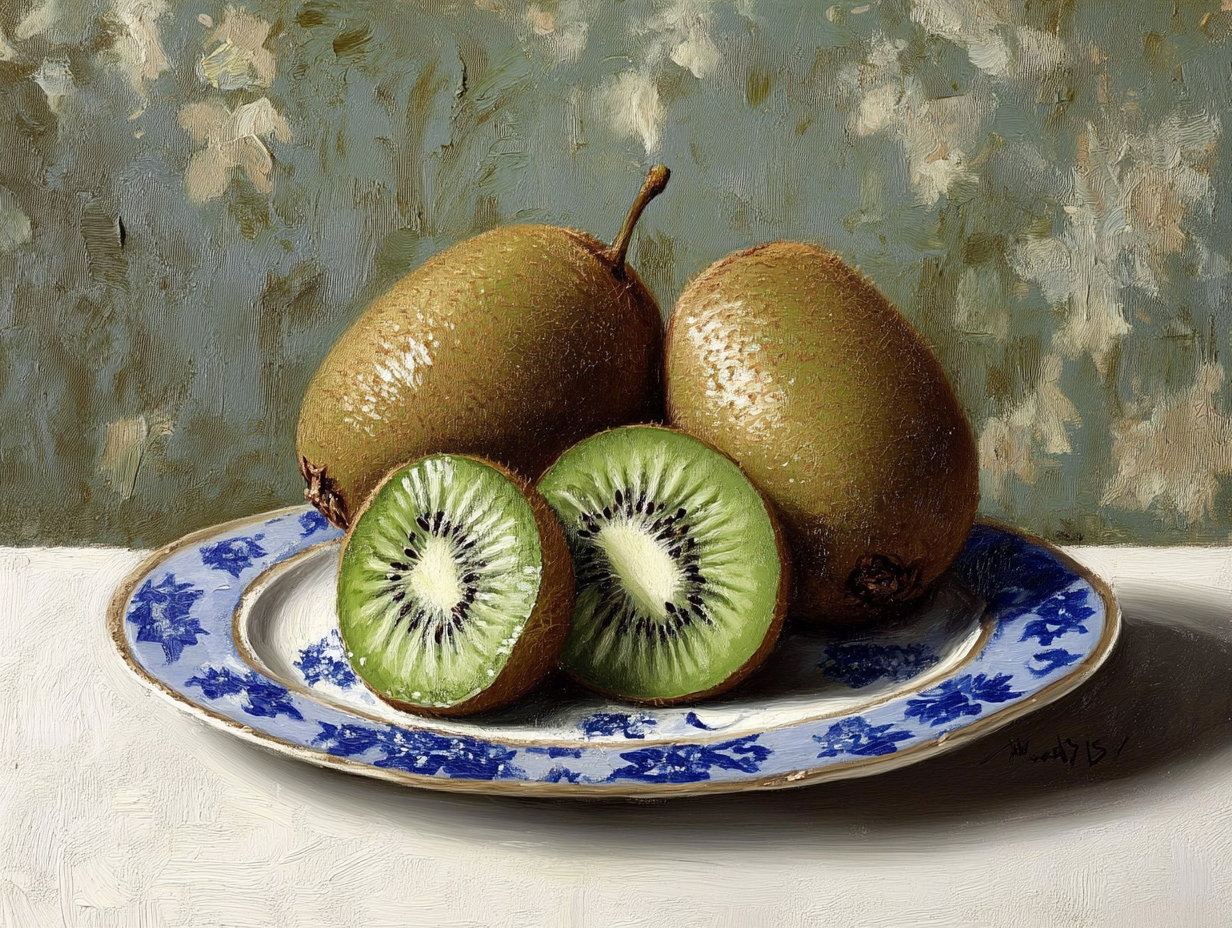Many fruits are celebrated for their vitamin and fiber content, but there’s magnesium in there too!
When you think about foods that are the best sources of magnesium, beans, nuts and seeds might come to mind. But don’t forget about their sweet and tangy plant friends — plenty of fruits are also solid sources of magnesium and shouldn’t be left off your plate.
Magnesium is a mineral that is found naturally in many foods, but isn’t produced by our body. According to Abeer Bader, R.D., clinical nutrition manager at Massachusetts General Hospital in Boston, magnesium has an array of benefits. It’s been shown to help with stress, sleep, constipation, nerve and muscle function, blood pressure, heart health, blood sugar regulation and bone health. In fact, a 2023 study showed that eating more magnesium-rich foods is linked with better brain health as we age — especially in women — and potentially lowers the risk of dementia.
“Magnesium plays a role in almost every single reaction in our body,” says Erica Leon, R.D., a nutrition expert based in New York City. While she acknowledges the importance of magnesium in our diet, Leon emphasizes the importance of how magnesium works in concert with other vitamins in our body. “My main take-home message is for everyone is to have a varied diet,” says Leon.
One interesting thing to note is that if you’re trying to up your intake of magnesium, you might want to focus on other nutrients as well. According to Bader, vitamin B6 helps transport magnesium to our cells and potassium and magnesium help with electrolyte disturbances that can cause weakness and fatigue. “They’re all partners,” says Bader.
Now that the weather is warm, many fruits are in season. Load your plate with the magnesium-rich fruits below to support better health.
1. Figs
An all-star of the Mediterranean diet, one cup of dried figs offers an impressive 101mg of magnesium. Known for their beneficial influence on gastrointestinal, respiratory, inflammatory, metabolic and cardiovascular disorders, figs are also high in fiber and a number of micronutrients that include iron, potassium, calcium and vitamin K.
2. Passion Fruit
One cup of raw passion fruit packs a whopping 68.4 mg of magnesium. In addition to its hefty load of magnesium, passion fruit is a good source of fiber, antioxidants and vitamins A and C. A 2024 study even showed that when healthy people drank passion fruit juice, their blood glucose levels were significantly lower and their working ability was enhanced. Move over, coffee, passion fruit has something to say.
3. Apricots
Another star of the healthful Mediterranean diet, one cup of dried apricots offers a solid 41.6 mg of magnesium. Data shows they are also high in vitamin A, niacin, vitamin E, iron, potassium and calcium. Plus, the fruit has been known to help improve gastrointestinal, respiratory, inflammatory, metabolic and cardiovascular issues.
4. Bananas
One of the best-known sources of potassium, one medium banana also provides 32 mg of magnesium. It has been shown to be anti-inflammatory, antioxidant, anti-cancer and anti-diabetic. Interestingly, it’s not only the fruit of the banana that is healthful — the peel contains phenolic compounds that may potentially lower the risk of chronic diseases like heart disease, diabetes and certain types of cancer.
5. Papaya
Rich in vitamins A and C, one cup of sliced papaya also offers 30.4 mg of magnesium. Papaya is more than just a beautiful fruit — its color is caused by its high-levels of lycopene, which is known for its cancer fighting properties. Surprisingly, it’s not carrots or tomatoes that are the superstars of beta-carotene. The uptake of beta-carotene from papayas were three times higher in studies.
6. Blackberries
Small and mighty, a 1-cup serving of blackberries has 28.8 mg of magnesium. These little treats are also rich in antioxidants and fiber, calcium, potassium and vitamins A, B, C, E and K . Full of anthocyanin, which gives the fruit its rich color, blackberries are known to help prevent heart disease.
7. Kiwi
Kiwi is most known for its high levels of vitamin C which studies have shown increases a person’s psychological well-being. Even better is its additional health-boosting magnesium. One cup of kiwi provides 28.8 mg of magnesium, an added bonus on top of its good mood magic.
8. Avocados
One serving size, about half a cup of avocado, offers 22 mg of magnesium, along with heart-healthy monounsaturated and polyunsaturated fats. In fact, a 2022 study of men and women with a higher intake of avocado (more than two servings a week) showed a lower risk of cardiovascular and coronary heart disease. Avocados have even shown themselves to be influential in the choices we make while eating. A 2024 study found that participants who ate one avocado a day had healthier eating habits overall.
9. Oranges
Known for its high levels of vitamin C, one orange also provides 15. mg of magnesium. Studies have shown that oranges offer antioxidant and anti-inflammatory activities. They may also support gut microbiota, aid weight management, enhance cognitive function and maintain healthy blood lipid, glucose and pressure levels.






